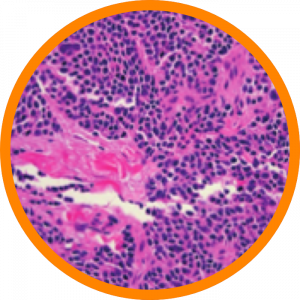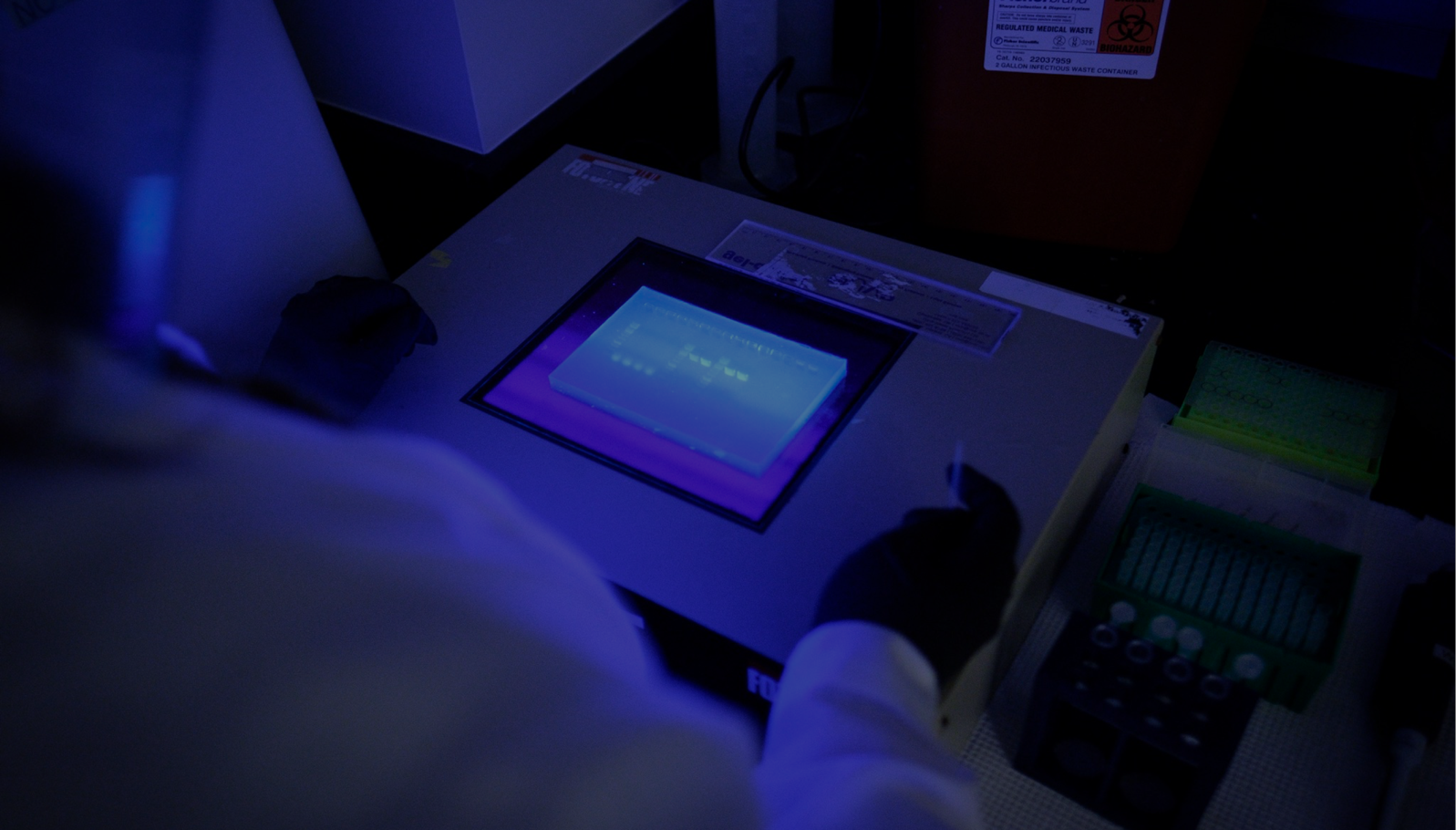Overview

Merkel cell carcinoma is also known as primary neuroendocrine carcinoma of the skin or trabecular cancer. While patients with a small tumor (less than 2 cm) that has not yet metastasized have an expected 5-year survival rate of more than 80 percent, the rate drops to about 50 percent once the cancer has metastasized. Standard treatment options include surgery, radiation therapy and chemotherapy.
Approximately 80% of Merkel cell carcinomas are caused by Merkel cell polyomavirus (MCPyV). Additional risk factors are sun exposure and having a weak immune system.
MCPyV is the only polyomavirus discovered to date that is associated with a human cancer. MCPyV infection is highly prevalent in the general population. Nearly all healthy adults asymptomatically shed MCPyV from their skin. However, in elderly and immunosuppressed individuals, the infection can lead to Merkel cell carcinoma.
Because of the viral origin for this cancer, immunotherapies are a promising avenue for research to treat virus-positive Merkel cell carcinoma.
Sources: National Cancer Institute, ScienceDirect
OUR FOCUS
Merkel cell carcinoma research at CERID is focused on disease genetic susceptibility and vaccine development.
Associated labs



